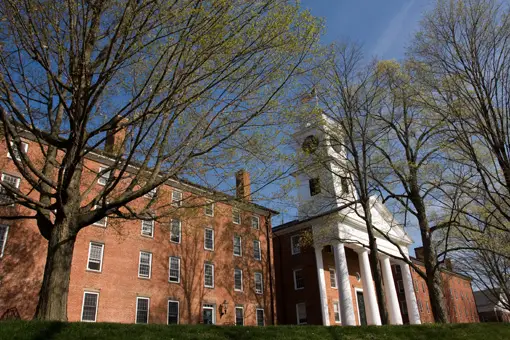The Amherst College is the best small college of 2018, according to the College Consensus, a college ranking website.
The Massachusetts-based college has been given the top spot with an aggregate rating of 84.2 in college consensus, 85.3 in publisher consensus and 83 in student consensus.
The ranking, released on Tuesday, chose the schools that have less than 2,000 students and ranked them according to their consensus score drawn from the recent results from different college ranking systems with the real student review scores from the internet.
“The best small colleges in the US are not small in reputation, and they’re not small in influence,” Managing Editor Carrie Sealey-Morris said.
“In fact, some of the best small colleges in America are also among the most exceptional, with national and international recognition for their overall excellence. While many students choose large research universities for the excitement, for many students, the name of the game is small, and there are plenty of good reasons to choose a small college.”
Other colleges that made it in the College Consensus top ten list include, in order of rank, Pomona College, Bowdoin College, Claremont McKenna College, Washington and Lee University, Harvey Mudd College, Bates College, Swarthmore College, Hamilton College and Haverford College.



